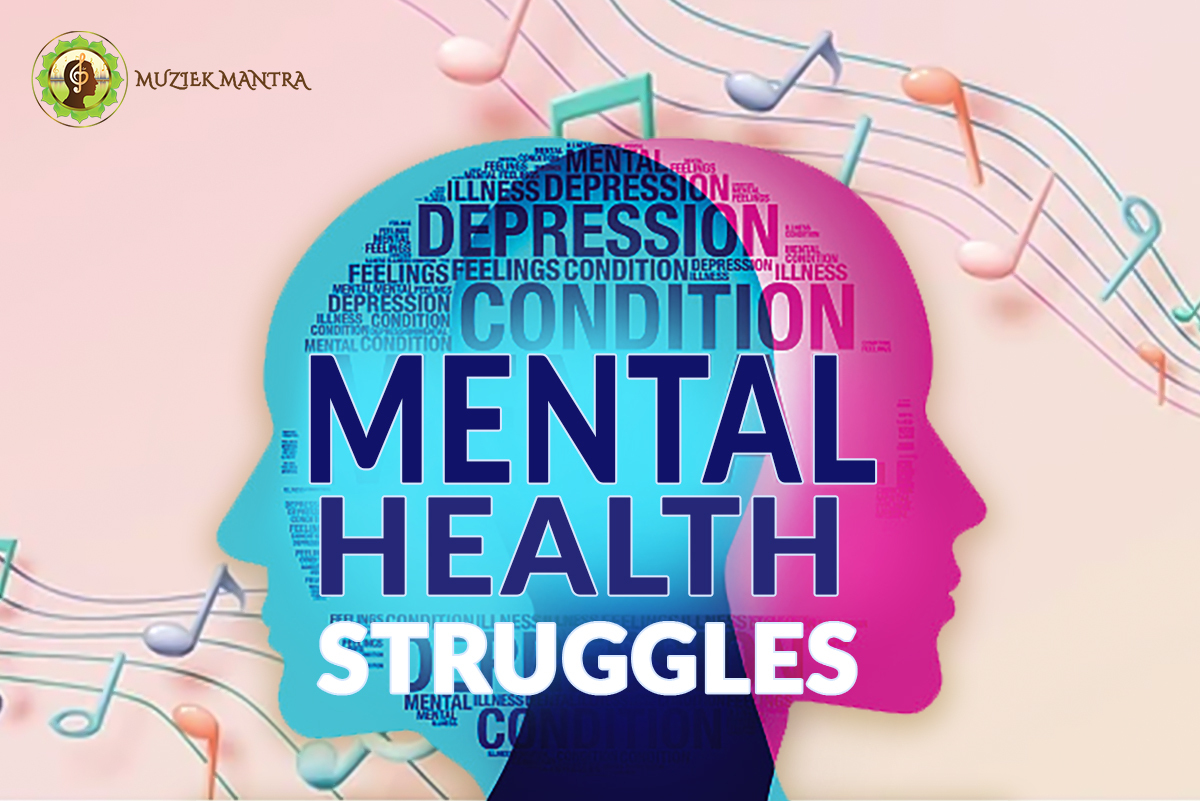Mental health is one of the most discussed and common aspects that is being discussed today. It is very fortunate that it has found such a place today where it is not underrated and instead discussed widely. We hear so many solutions to mental health such as medications, different therapies, counselling sessions, and much more. But treating this disease with music therapy is a thing that is not very rare. Its benefits are much wider and there are actually several patients who are getting benefitted from this therapy.
Our place on the mental health continuum might change throughout the course of our lives depending on a variety of personal, social, and structural causes. People may be more susceptible to mental health issues due to personal psychological and biological characteristics like emotional intelligence, substance use, and heredity. Utilizing music’s potent therapeutic properties, music therapy helps people feel better. It is an alternative to other types of therapy, such as counseling or cognitive behavioral therapy (CBT).
The responses and associations that a person has to music are used by music therapists to promote mood and general mental state improvements. Music therapy may involve both listening to music and making music using various instruments. Additionally, singing or dancing to music may be involved.
Among many others, there are three common difficulties that are associated with mental health struggles. It is mentioned below:
Everyday Stress
Stress tends to be a constant in our lives, whether it’s related to our jobs or our personal lives. However, ongoing stress accumulates over time and might begin to affect your mental health. You may experience anxiety, depression, and other mental health problems if stress becomes a regular part of your life. Your body releases stress-related chemicals including cortisol and adrenaline. However, prolonged exposure to these hormones is not at all beneficial. Your emotions and general functioning may go out of control.
Music can provide a safe outlet for individuals to express their emotions, especially those that might be difficult to express through words alone. Creating or listening to music can help individuals process and communicate their feelings. Music engages various cognitive functions, including memory, attention, and problem-solving. Playing an instrument, learning new songs, or participating in musical activities can stimulate cognitive processes.
Financial Worries
It makes sense that you could feel overburdened and anxious when you’re always managing payments, paying off debts, and taking care of your family’s requirements. Similarly to this, anxiety can be increased by worries about retirement plans and how to continue living the way you want after retiring. These concerns frequently cause problems with sleep, irritability, difficulties concentrating, and even melancholy feelings. Additionally, financial stress can have an effect on your physical health, such as heart and circulation issues, in addition to your emotions.
Music has the power to affect how we feel. Your mood can be improved and tension and anxiety can be reduced by listening to upbeat and uplifting music. When you’re feeling better, it could be simpler to approach financial difficulties with a more upbeat attitude. Adding mindfulness activities to your life is another useful strategy for dealing with financial stress. These can include yoga, music therapy, or meditation. By doing this, you’ll train your mind to focus on the here and now rather than worrying about the uncertain future.
Lack of Proper Sleep
It’s critical to get a good night’s sleep for both maintaining and improving your mental and physical health. When you don’t get enough sleep, you could experience more than simply fatigue and irritability. It may result in depressive, anxious, and moody symptoms. It’s critical to take action to discover techniques for nodding off quietly if anxiety is making it tough for you to fall asleep. Establishing a regular bedtime routine is one straightforward answer. However, incorporating music into our routine will help to relax our nerves and further aid in lowering anxiety. It has been demonstrated that relaxing music can help both the body and the mind.
Key Takeaway
Music therapy can be a useful tool for easing the symptoms of many disorders, including sadness and anxiety, even if it cannot treat any mental health problem. People can express their emotions and digest their experiences in a unique and accessible way through music therapy. For a very long time, people have employed music for its potent ability to affect mood and emotions. The best brain response and dopamine release come from listening to music, but discovering new music is also beneficial. Unfamiliar melodies might make your brain work harder while also giving you fresh pleasure as you become acquainted to them. Thus, in order to conclude, it can be said that music therapy helps a lot in treating or in the betterment of mental health.



